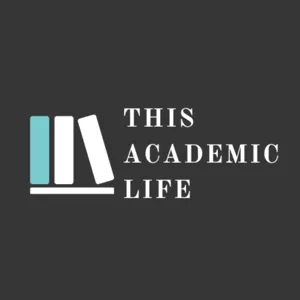The h-index, or Hirsch index, measures the research impact and productivity of a particular scientist. Since its inception in 2005, it has become a standard way to somewhat objectively quantify an individual’s research impact. In this episode, you will learn what it is, what is expected of this H-index from researchers at different stages of their research careers, and ethical practices in increasing your H-index. We also raise concerns in the un-intended use of H-index for the academic world we are in today. Reference list: Music by RuthAnn Schallert-Wygal ([email protected]) References:
Contact list: If you have any comments about our show or have suggestions for a future topic, please contact us at [email protected]. You can also find us on webpage https://thisacademiclife.org and on facebook group “This Academic Life”. Cast list:
Support This Academic Life by contributing to their tip jar: https://tips.pinecast.com/jar/this-academic-life





















